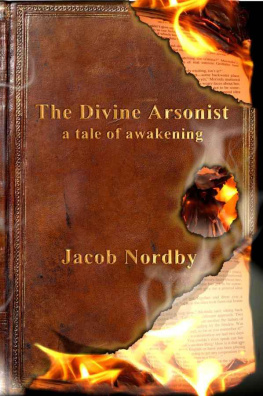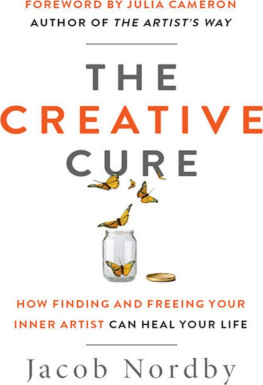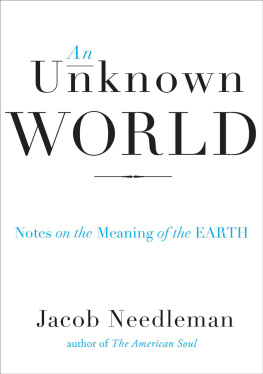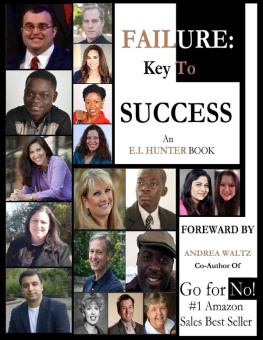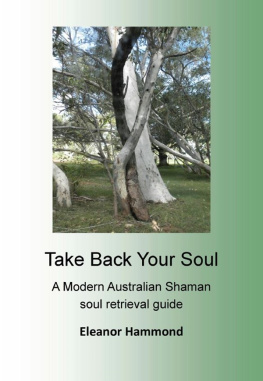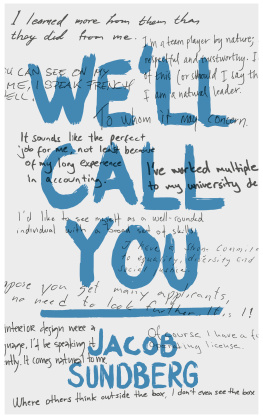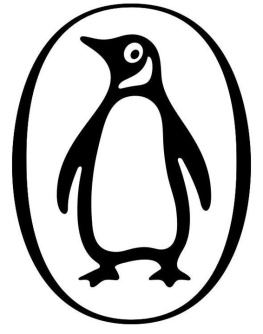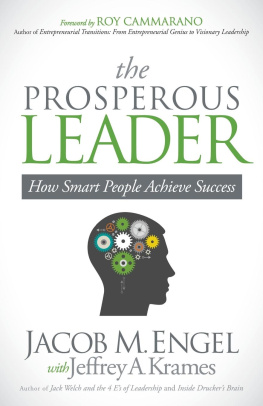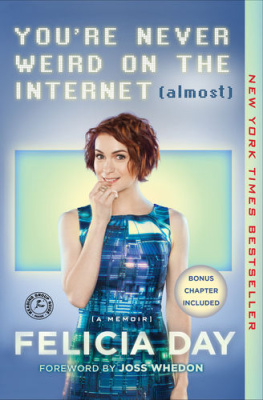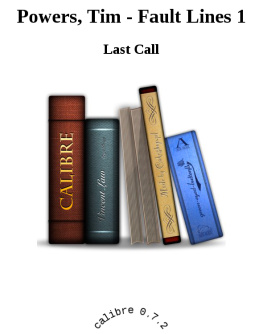


Table of Contents
For Nathan
Without deviation from the norm, progress is not possible.
Frank Zappa
The big question is whether you are going to be able to say
a hearty yes to your adventure.
Joseph Campbell
A ncient texts and recent discoveries suggest that human civilization had once advanced to levels nearly as high as our ownmaybe every bit as high. The records are spotty, but information patterns are emerging to reveal that we have likely been here before.
Then, it would appear, something happened. It seems possible that an extremely advanced worldwide civilization came crashing down in an apocalypse so thorough and widespread that it nearly erased all memory of what had been.
Nearly.
Fragments of those memories are resurfacing now as we approach another zenith in human progress. As the puzzle pieces show up in mysterious and timely ways, we are forced to ask questions about who we are, what we are doing, and if maybe just maybe this time could be different.
Among these hints and shadows of what might have come before, one warning stands outwhen humans create a world that is wildly out of sync with the laws of nature, disaster strikes as an inevitable rebalancing occurs.
We have created such a world and we have done so with blinding speed and momentum. It is almost as if the ant pile got kicked over tens of thousands of years ago, leaving just a few behind to rebuild things in the wake of some disaster. But, like ants do, we did rebuild, and the world that we have created seems to be reaching the tipping point once again.
The worlds religions and ancient wisdom traditions have various stories about what might have happened back thengreat floods, a giant meteorite strike, a human-created technological disaster that may have involved worldwide conflict that ended in a nuclear-style bang, or some invasion from external cosmic forces.
The specifics are not clear and I am not willing to speculate about any particular story. In fact, as Joseph Campbell once said, Literalism is idolatry. To get wound up in details and chase around trying to prove or disprove everything would merely block us from seeing a pattern of information that is emerging and begs for our attention.
This information suggests that when humans unconsciously create, create, create out of fight-or-flight reaction to the forces of nature (and each other) in an effort to secure our own safety, we ultimately develop a lopsided, out-of-balance situation that is doomed to implode.
Part of the challenge with this line of thinking is that if you look back over the course of progress for all of history as we know it, the way we have done it makes sense. We used our rational, process-and-judgment oriented minds to solve the problems of survival on this harsh little planet. To a large degree, we invented our way out of hardship and out of a position of being victims to the caprice of nature. We have running water; predictable food supplies; solid houses that protect us from the wind, rain, snow, and sun; air conditioning; and all manner of machines that are supposed to make our lives much easier. Most of us dont live in caves. From that perspective, what we have built is practical and logical. It makes sense.
But there is a deep sense of anxiety that pervades our entire civilizaton right now. Something is not right. All of our machines and finely-tuned processes and the massive acceleration of lifes pace are starting to sound and feel a lot like a poorly loaded washing machine that goes whomp whomp whomp whomp-whomp-WHOMP-WHOMP-WHOMMMMP! when the spin cycle takes off.
Something doesnt feel right. Something is telling us that there is imbalance in the world, perhaps as a result of all of our advances.
The something doesnt make sense, which is why we have a hard time paying attention to it. We have idolized the scientific method and the rational process to such a degree that anything trying to speak to us from the irrational or the symbolic is easy to ignore. It also makes us uneasy with its persistent way of appearing at the edges of our awareness like shadow presences that flit in the corners of our eyes but disappear as soon as we look directly at them.
This something is what might be called Soulthe vast aspect of us that dwells outside the boundaries of reason and communicates using strange symbols, intuitive nudges, impulses of desire, dreams, and unnamable (but insatiable) longings. It speaks in stories and music and paintings and sculptures. It hides messages in songs and clues in poetry. It runs down our cheeks in tears when something deeply true is said. It steps invisibly into plain sight when we walk into wild places where our cell phones dont work.
We inhabit a clanking, rusty machine world that we have all built together down through the course of these many, many generations. It has a shiny modern exterior, but the insides are dry as a desert and we are exhausted by the demand to keep it all running no matter what.
We, the world, want our soul back. We are parched for it. We are starving for it. We are also afraid that to pursue it means giving up everything we have built along the way.
We believe that this is a suckers choiceeither-or.
But there is an and optiona third way. In our binary-dominated world, it is all too easy to notice just on/off, black/white, yes/no. We need more options. We are being asked by the times in which we live to find a middle roadsome way to navigate out of the tired old ruts.
This middle road is often crooked and narrow. Carlos Castaneda called it the path with heart. Joseph Campbell taught us to find it when he said, Follow your bliss. One of Carl Jungs clients, troubled by the looming state of things, asked him, Dr. Jung, can the world escape an apocalypse? Jung replied, If enough people do their inner work. He was describing the great journey of individual soul excavationand this book is meant to be a signpost along the road of that adventure.
A group of people has traveled this path since before time as we know it began. I call them the Blessed Weird people. They have been the keepers of offbeat wisdom throughout history. I say offbeat because what they have been doing has rarely followed the normal trajectory of progress.
Before the machine age took hold, these creative weird people held a special place and were cared for by wealthy patrons because what they did was considered essential to human well-being. They were part of the avant-garde , leading the forward edge of progress with their paintings, poems, sculptures, symphonies, and inventions. Not all of them were the sequestered beneficiaries of the powerful, though. Looking back, there was a time when many artists were not widely separated from those who created practical things. They were often the same people.
Artisans once crafted every utilitarian implement of lifethe saddles and dishes and saltboxes and forks and armor and blankets and everything else. That was before we invented ways to produce the goods we need in factories. Art was intertwined with life. Artisans and craftspeople burned, stamped, or carved brands and trademarks into what they had made with their own hands as marks of pride in their work. The things they produced to be used in everyday life meant something both to those who made them and those who purchased them in ways that cant be easily understood by modern consumers who fill our houses and garages and storage units with stuff made by people in some faraway place and to whom we have no connection.
Next page

